13 Powerful Phrases Good Parents Should Say If They Want To Raise Good Kids
Open communication is the heart of great parenting.
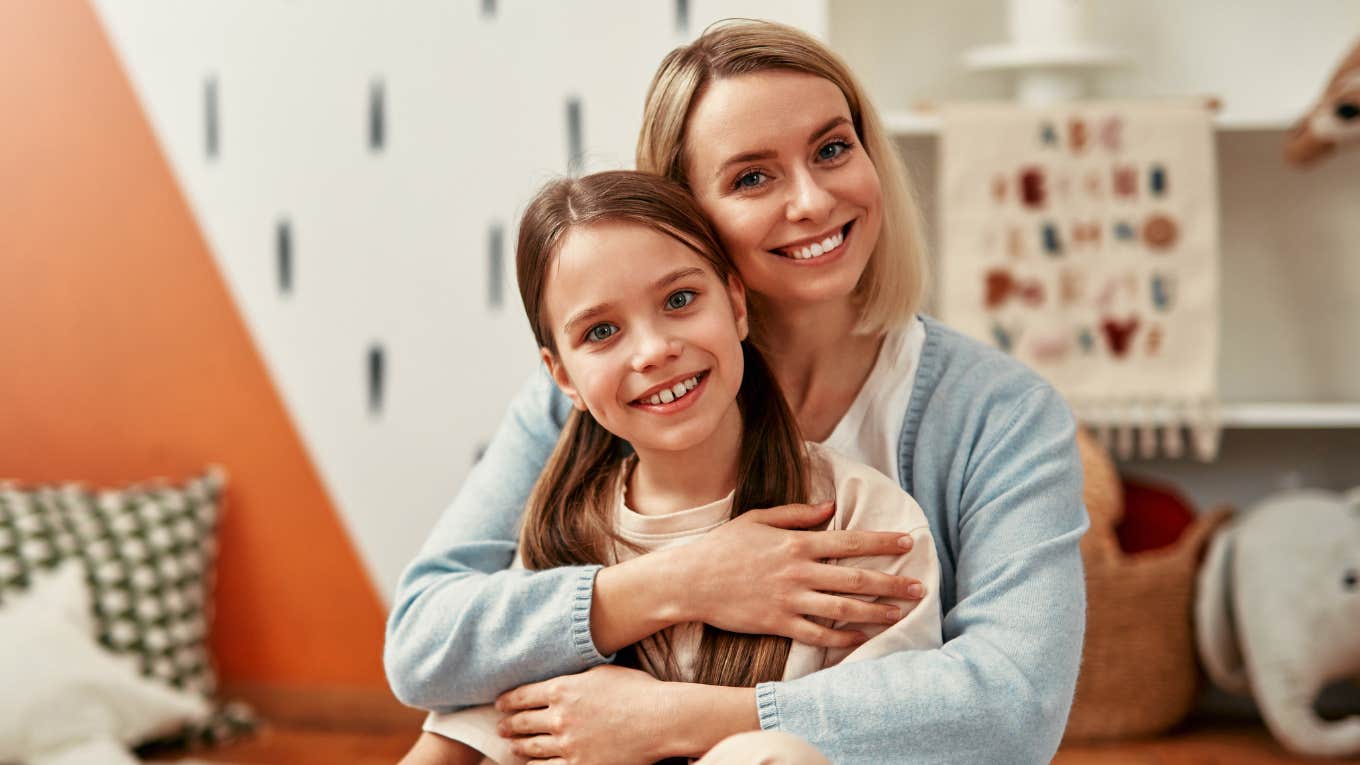 ORION PRODUCTION | Shutterstock
ORION PRODUCTION | Shutterstock Especially amid changing family expectations and new styles of parenting, it can be overwhelming for parents to know where to turn for advice on raising good kids. From therapeutic takes, to more practical affirmations, and a million other parenting tricks, it can be helpful to start at the foundation.
There are several powerful phrases good parents should say if they want to raise good kids, many of which put empathy, emotional intelligence, and empowerment at the center. By adopting these intentional phrases and encouraging healthy boundaries, parents can ensure they cultivate a safe space for their kids to flourish.
Here are 13 powerful phrases good parents should say if they want to raise good kids
1. 'We don't comment on other people's bodies'
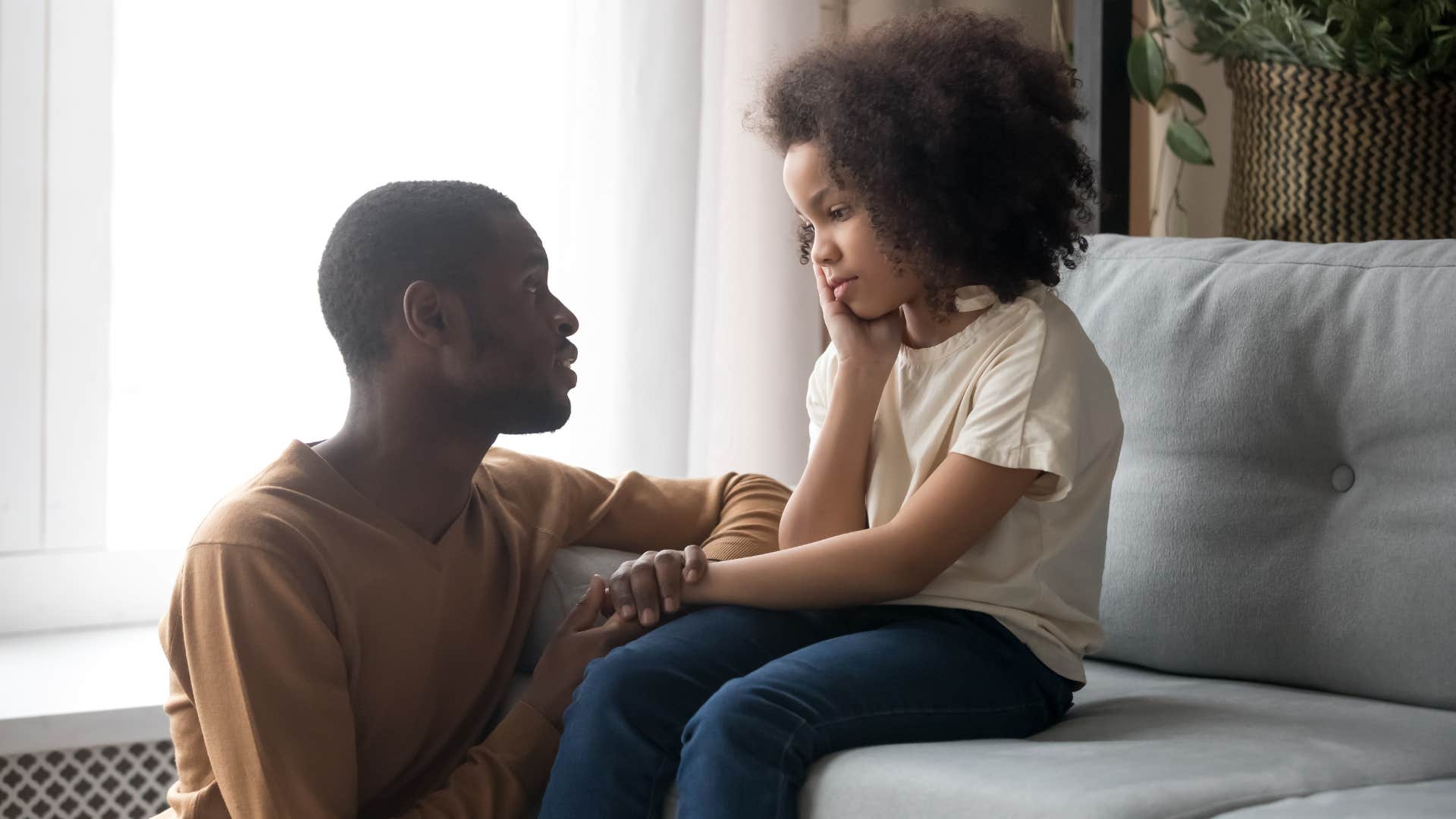 Fizkes | Shutterstock.com
Fizkes | Shutterstock.com
By setting clear boundaries around healthy communication, empathy, and social interaction, parents can ensure their children harbor healthy relationships in adulthood before they're even a teenager. Leading by example, these parents will ensure they don't speak poorly or unnecessarily judge anyone around their children.
They prioritize conversations about uniqueness, individuality, and the power of empathy, deconstructing a harmful societal norm that appearance is more telling and important than internal thought, perspective, and kindness.
2. 'You can be mad without being mean'
 Fizkes | Shutterstock.com
Fizkes | Shutterstock.com
Even though they can be uncomfortable to express, emotions like anger and frustration are important to communicate, as repressing them only fuels greater internal distress and anxiety. Good parents ensure they cultivate safe spaces for their children to express these emotions, even amid conflicts or arguments, without judgment or critique.
However, they do ensure a prioritization of basic empathy — their kids are allowed to express these uncomfortable emotions, but not at the expense of their own emotional well-being. Outside of emotional and mental health benefits, adult children who grew up with healthy parents also have less risk for physical ailments, compulsive habits, and chronic stress, according to a study published in Nature Human Behaviour.
3. 'What can we learn from this mistake?'
 Fast-stock | Shutterstock.com
Fast-stock | Shutterstock.com
While these powerful parenting phrases are important, children soak up more wisdom and empowerment from their parents when they lead by example. By sharing your own mistakes, taking accountability for hurtful actions, and stepping in to listen when children raise frustrations, you can embody the kind of healthy adult they strive to be.
According to the mental health magazine Psychologs, learning from our mistakes is behavior that takes a lot of practice, but is still foundational to our personal development, empathy, and perseverance.
4. 'No means no'
 Fizkes | Shutterstock.com
Fizkes | Shutterstock.com
Equipping children with empowering skills to stand up for themselves and invest into their own self-esteem is incredibly important for parents to prioritize, as it sets the standard for their future relationships and well-being.
Of course, it's not just teaching kids about language that sets them up for success, with phrases like "no means no"; it's also respecting their unique boundaries when they express them. If they don't want a hug, respect that. If they don't want to finish a meal, don't force them. Just as a good parent expects them to respect their choices, a child should feel the same.
5. 'It's okay to feel upset'
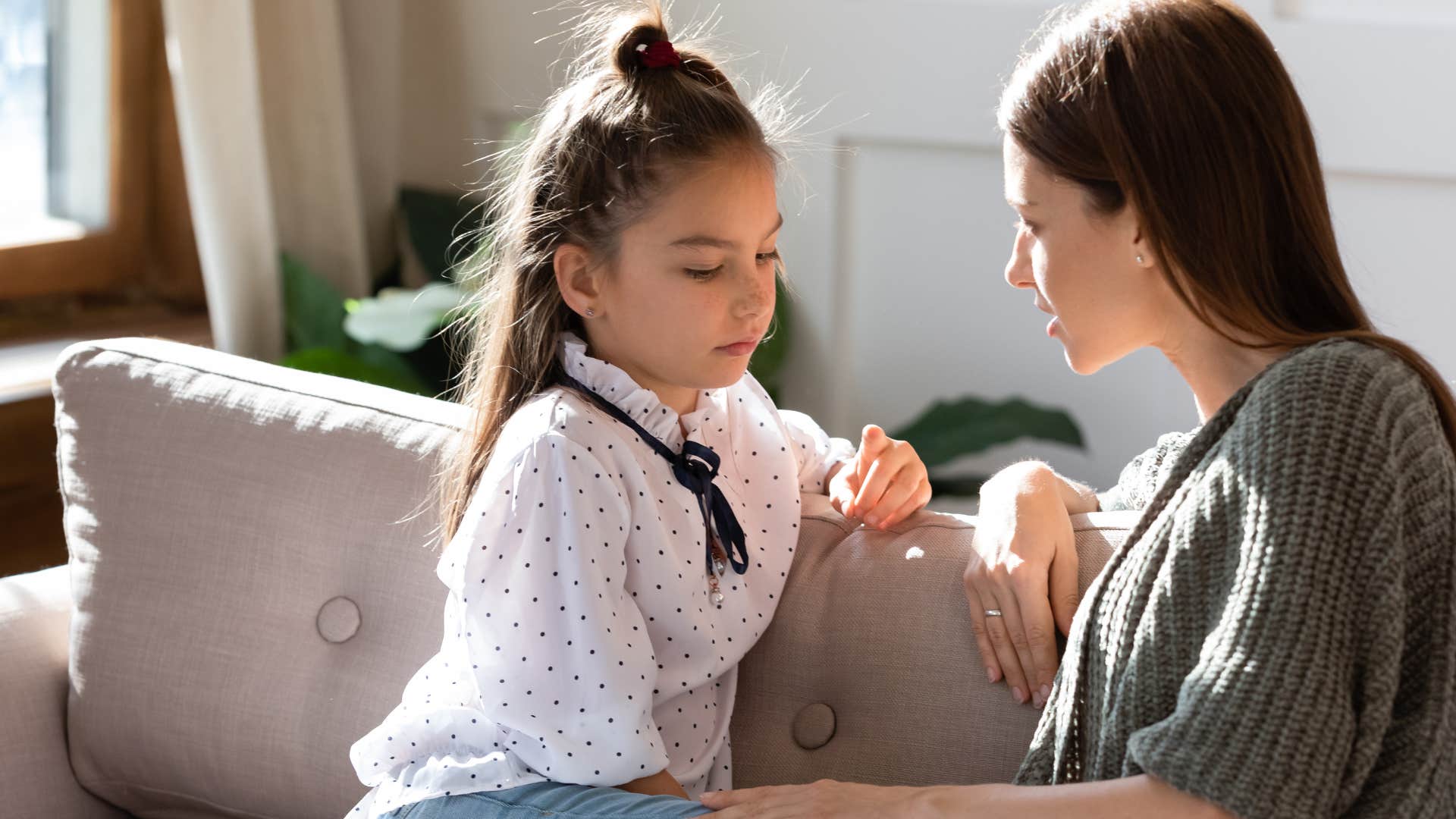 Fizkes | Shutterstock.com
Fizkes | Shutterstock.com
Validating a child's feelings and their unique expression of uncomfortable emotions can set them up for success with emotional intelligence in adulthood — a kind of empathy and self-awareness that's much more difficult to master later in life. Cultivating a safe space for open communication, like the Action For Healthy Kids organization explains, can help you to guide their comfort with conflict and intense emotions.
6. 'Do you want help or do you just want me to listen?'
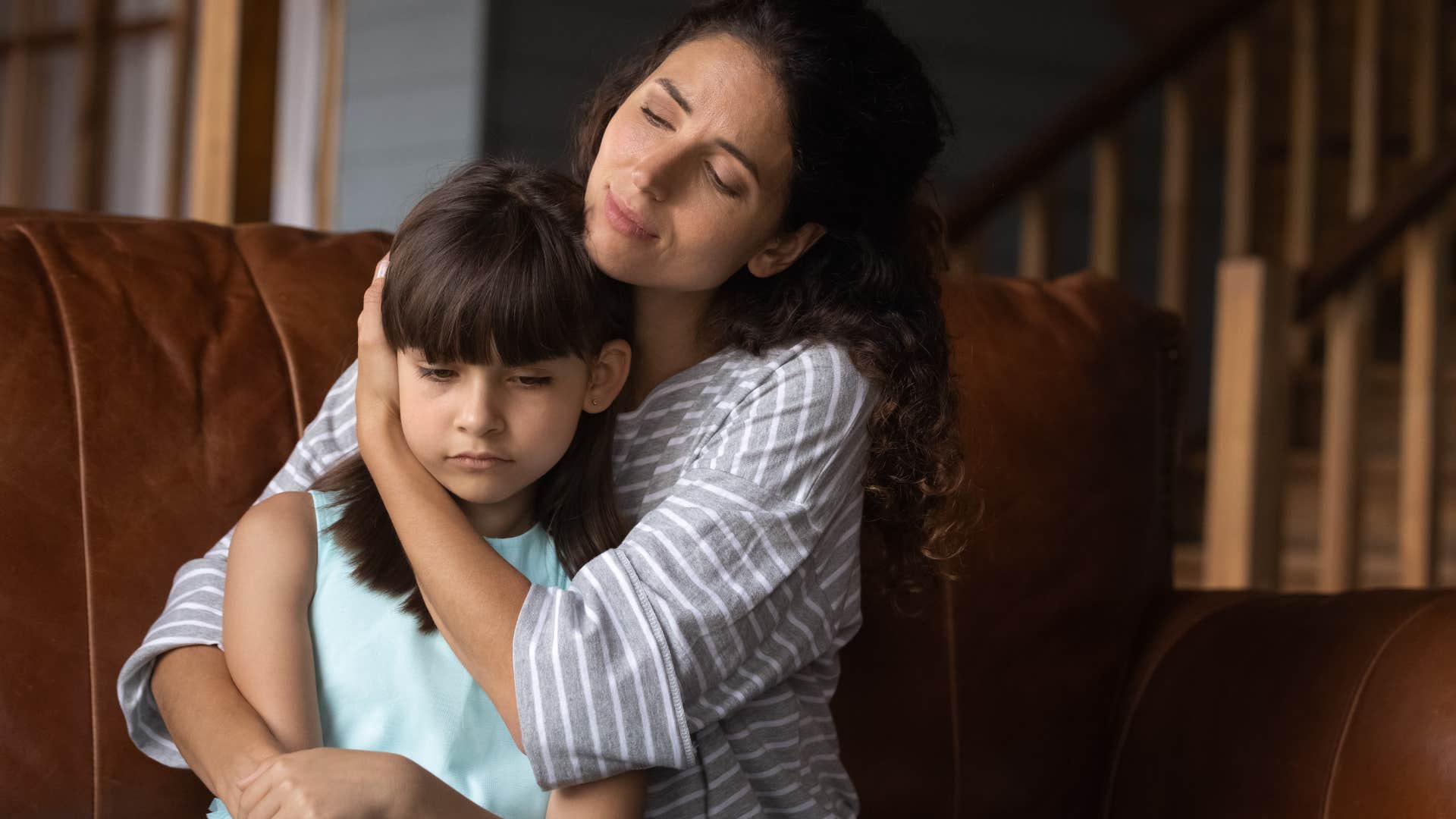 Fizkes | Shutterstock.com
Fizkes | Shutterstock.com
Unprompted advice often lies at the heart of conflict and resentment between adult children and their parents. Sabotaging a sense of support and respect in basic familial relationships, a parent's tendency to dish out unprompted advice, when their child really just needs a listening ear, can be inherently problematic.
Instead, good parents devote themselves to healthy communication, asking open questions and respecting their children's boundaries in conversation, even if they're entirely unspoken. By actively listening, empathizing with their emotions, and only providing suggestions and solutions when prompted, parents give their children opportunities to practice healthy communication.
7. 'You know your body better than anyone else'
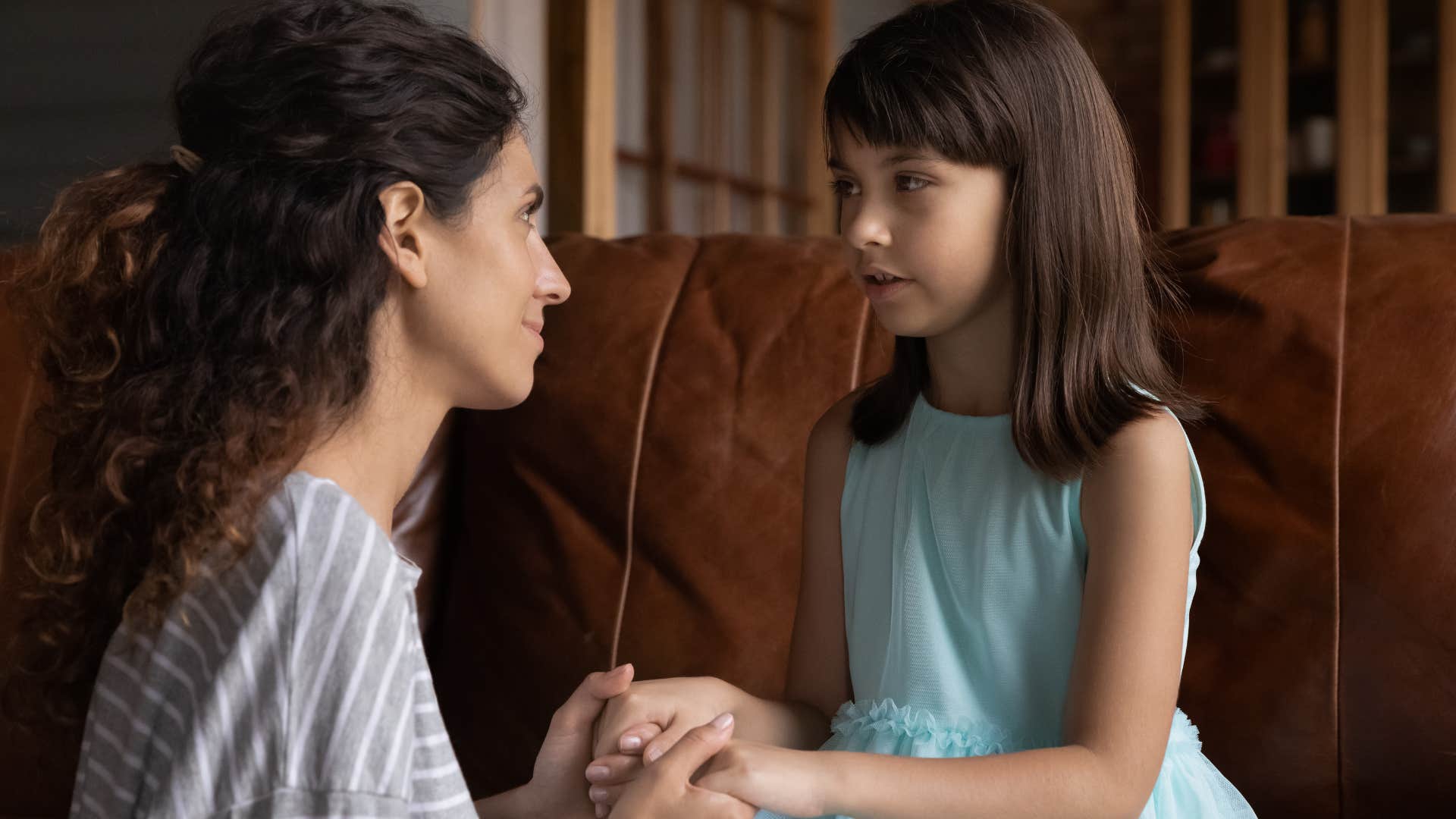 Fizkes | Shutterstock.com
Fizkes | Shutterstock.com
Reminding children that they're the boss of their own bodies can be incredibly impactful for their self-esteem, adult boundaries surrounding their bodies, and ability to communicate through uncomfortable situations and emotions.
Good parents not only give children the decision-making power over their own bodies, but ensure they feel empowered to set their own boundaries around certain behaviors like hugs from family members or what they eat.
8. 'I appreciate your opinion, but I'm not changing my mind'
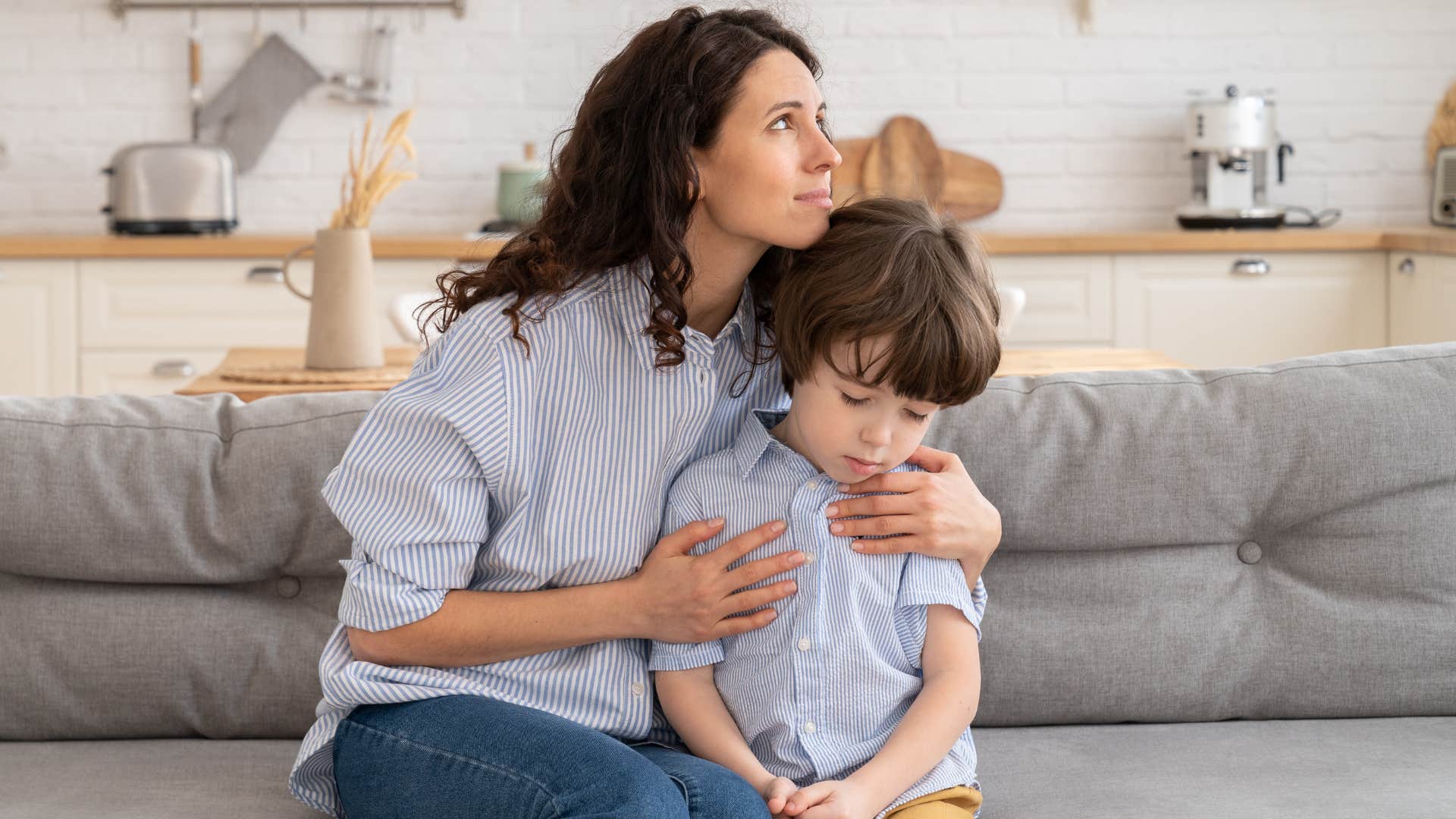 DimaBerlin | Shutterstock.com
DimaBerlin | Shutterstock.com
Like clinical experts from the Child Mind Institute argue, adult children that grow up with healthy boundaries with their parents tend to harbor healthier relationships in adulthood, not just with them, but their future partners, friends and peers.
Even if they don't appreciate a phrase like this as a teenager, it reasserts a healthy boundary that protects the stability of a family dynamic. It also helps kids to practice empathy and setting their own boundaries, as they're forced to express uncomfortable emotions to their parents and respect the expectations they set.
9. 'Thank you for doing that'
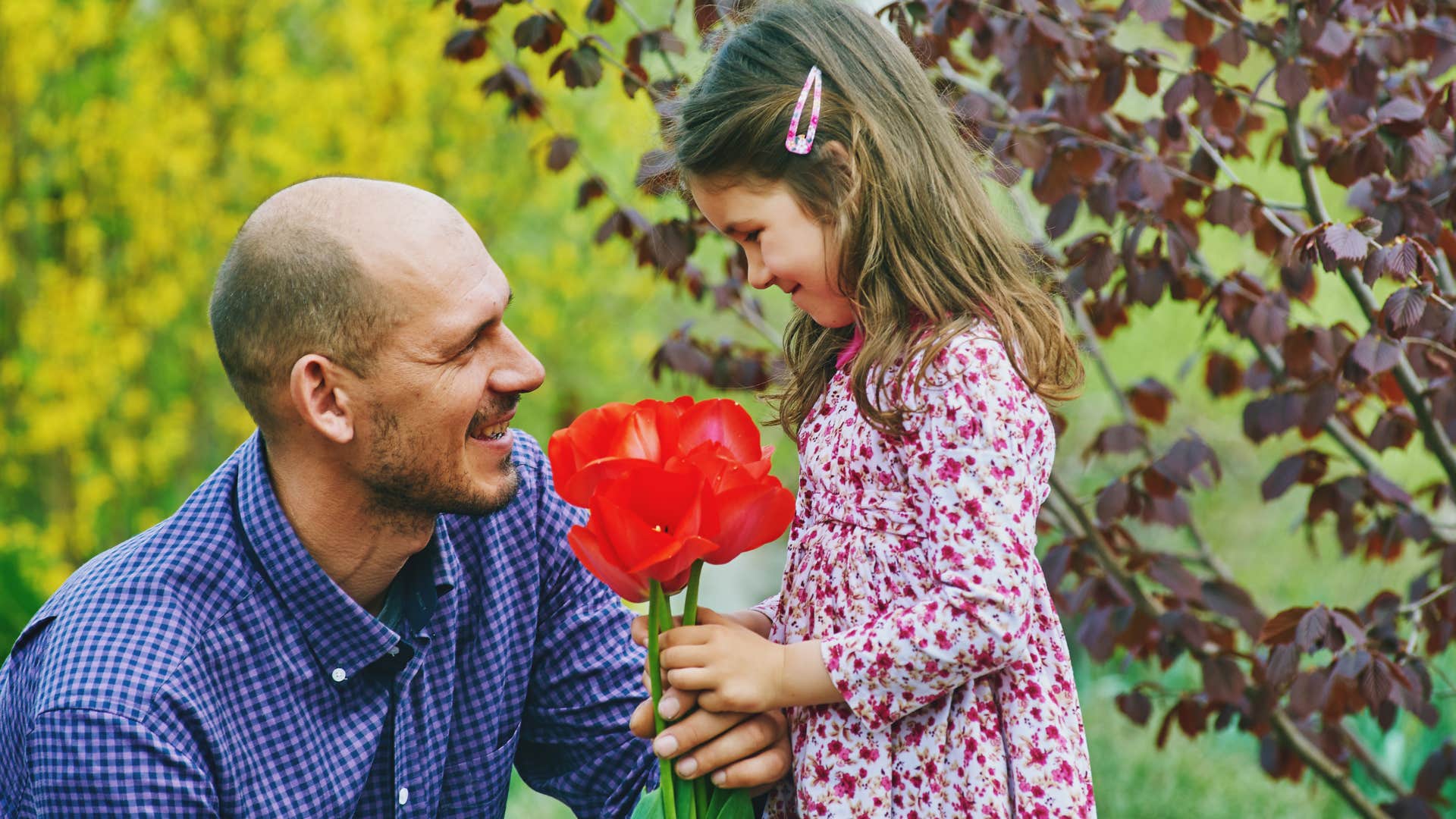 ValeryMinyaev | Shutterstock.com
ValeryMinyaev | Shutterstock.com
Expressing gratitude is incredibly important in any relationship, no matter how big or small the gesture. A study from the Journal of Happiness Studies argues that people who practice gratitude on a regular basis live happier and more meaningful lives than those who don't, helping to contribute to a balanced family dynamic even during tumultuous times.
By removing the sense of entitlement that many parents feel over their children, they open up a more balanced space for discussions, empathy, and gratitude, giving children space to feel appreciated for even the smallest helpful actions.
10. 'Your path is different from mine, but I support you'
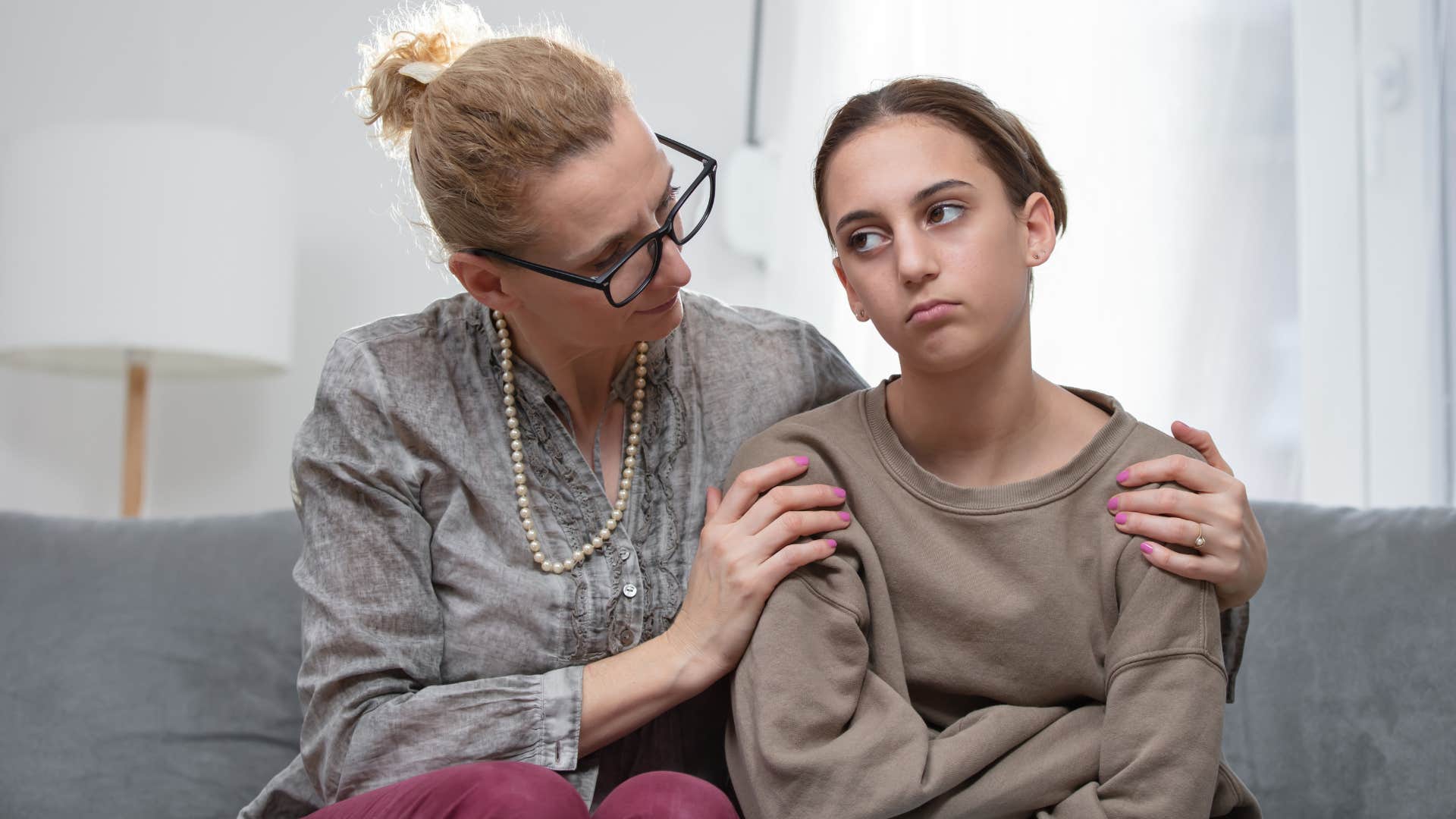 AstroStar | Shutterstock.com
AstroStar | Shutterstock.com
According to the Santos Counseling Center, many toxic adult attention-seeking and validation-centered behaviors are intrinsically connected to their childhood experiences and relationship with their parents. If they didn't feel unconditionally supported or loved, they felt pressured to seek out that validation with certain behaviors.
On the other hand, children with good parents growing up were often given the space to be themselves without judgment and celebrated in their unique identities. They were supported simply because of who they were, and never forced to go out of their way to beg for attention or approval.
11. 'I believe in you'
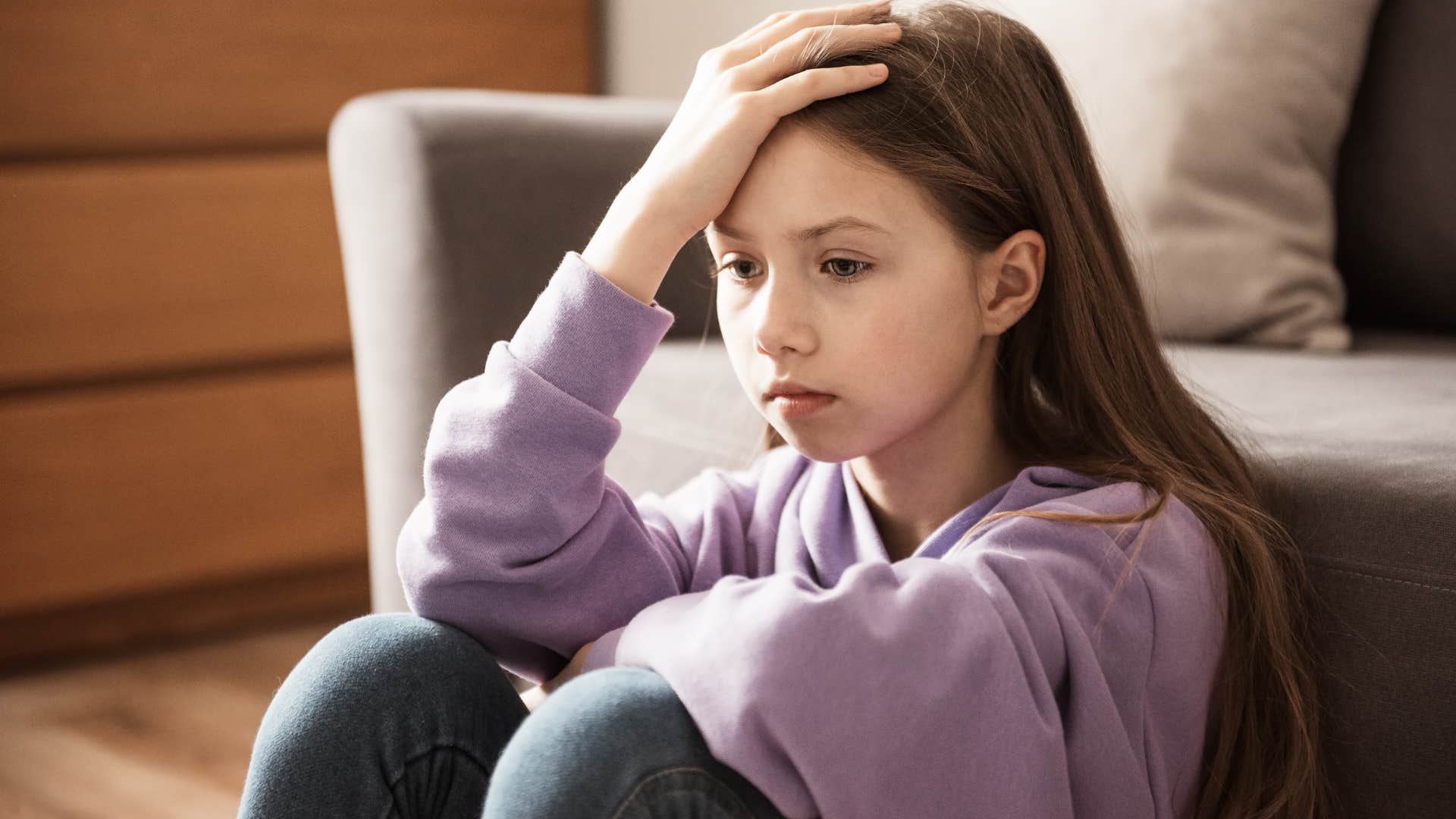 Iren_Geo | Shutterstock.com
Iren_Geo | Shutterstock.com
Adult children who don't feel empowered or supported by their parents growing up tend to resort to people-pleasing and attention-seeking behaviors to get validation from others — the same validation they lacked from their parents. By using a healthy phrase like "I believe in you," parents can ensure that they're cultivating a safe and open space for their child to flourish.
Even prioritizing passing moments of support or family dinners, like a study from Nature Human Behaviour explains, can open up pockets of space for parents to casually portray their pride. For kids, these passing moments are incredibly important, helping to empower and motivate them in their daily lives, and in expressing and experimenting with their authentic identity.
12. 'Your opinions matter'
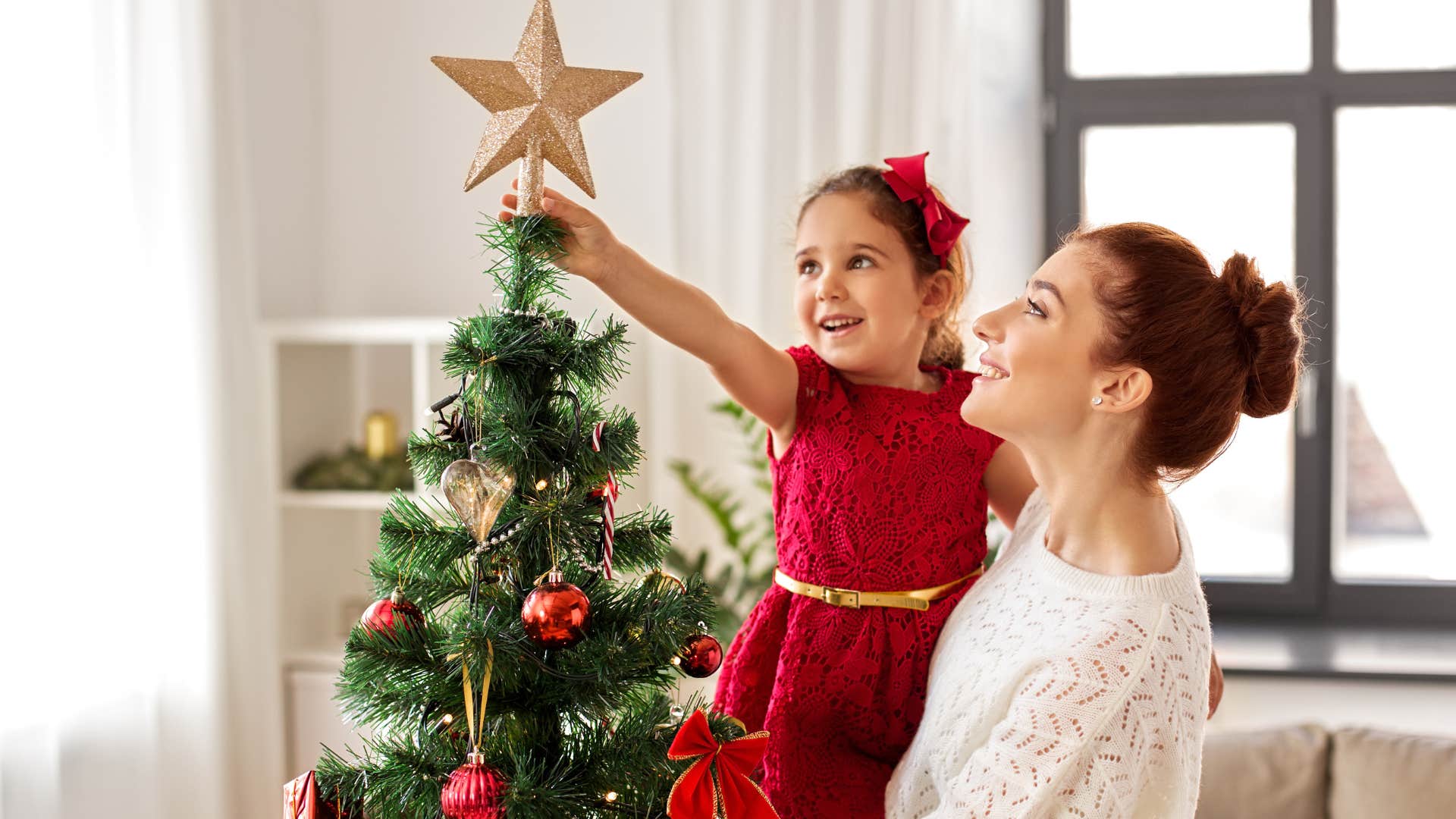 Ground Picture | Shutterstock.com
Ground Picture | Shutterstock.com
Alyson Gerber, the author of "Taking Up Space, Focused, and Braced," argues that children who grow up in unsafe or unsupportive environments often struggle to express their emotions and have unhealthy relationships in adulthood. Because their individuality was never celebrated and their emotional needs were left unmet, they learned to repress rather than express their feelings and opinions. Good, healthy parents use powerful, yet simply, phrases like this to ensure their kids feel empowered at home.
13. 'Not everything is going to be easy, but that's okay'
 Fizkes | Shutterstock.com
Fizkes | Shutterstock.com
Many parents feel an innate urge to protect their children from everything and try to solve all of their problems, even well into adulthood. This overprotectiveness isn't always an inherently bad thing, but it does take away from opportunities that children have to learn perseverance, critical thinking skills, and independence.
That's exactly why this is one of the powerful phrases good parents should say if they want to raise good kids. Parents remind them that hard work often pays off, even if it's not in the ways that we accept. Being excited about challenges and motivated to work through struggles is an important virtue not every child learns early in life.
Zayda Slabbekoorn is a staff writer with a bachelor's degree in social relations & policy and gender studies who focuses on psychology, relationships, self-help, and human interest stories.

